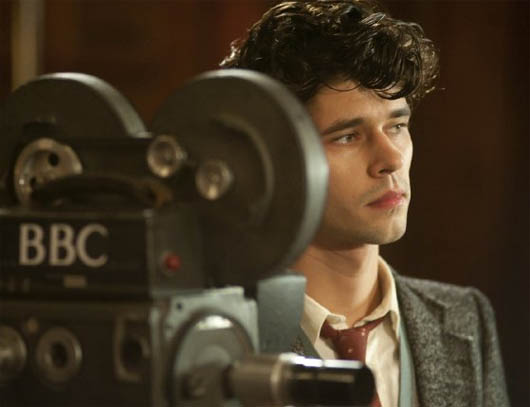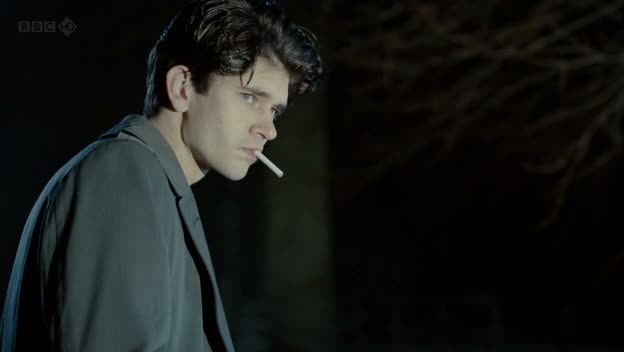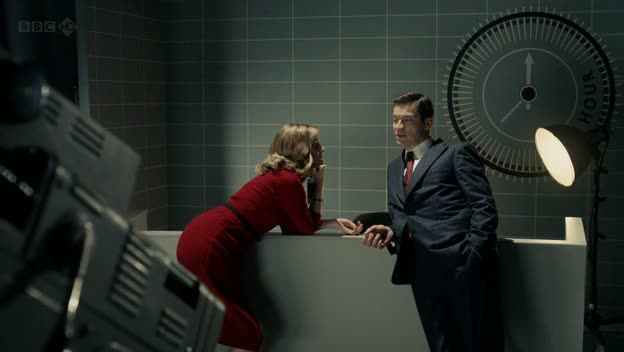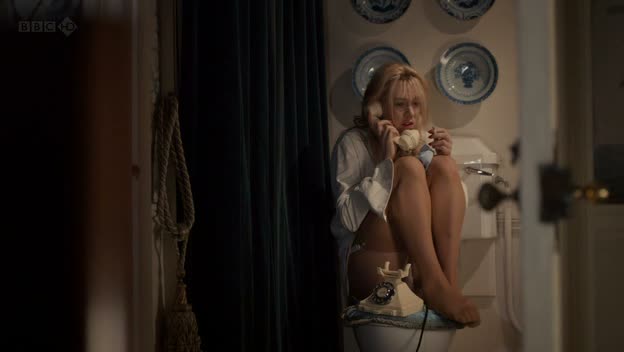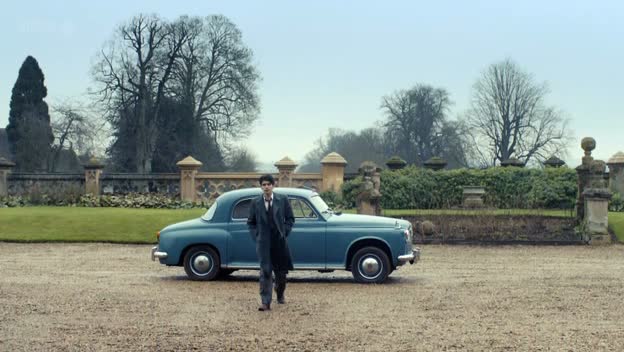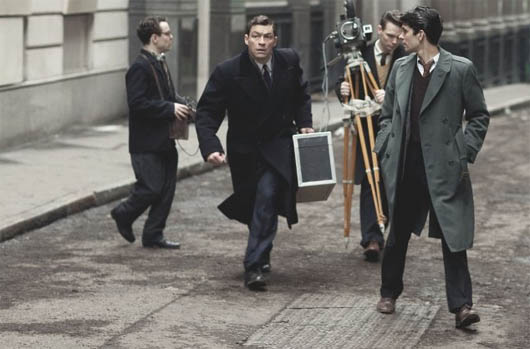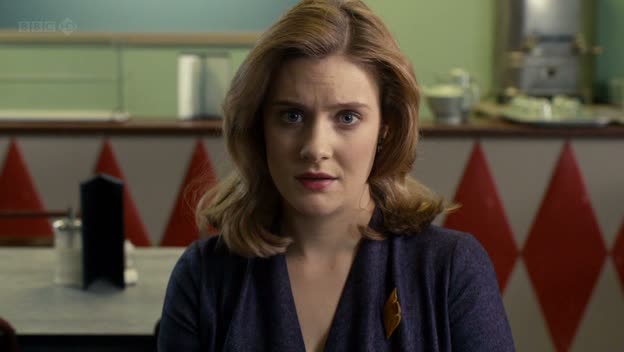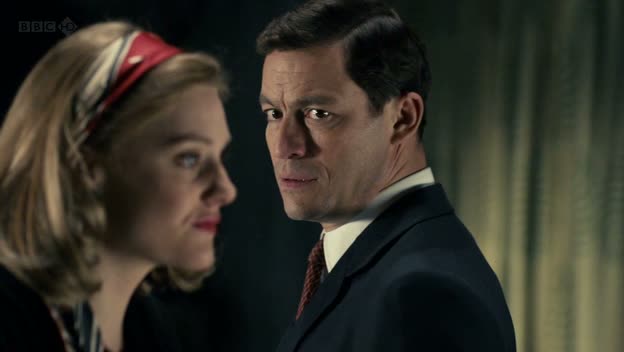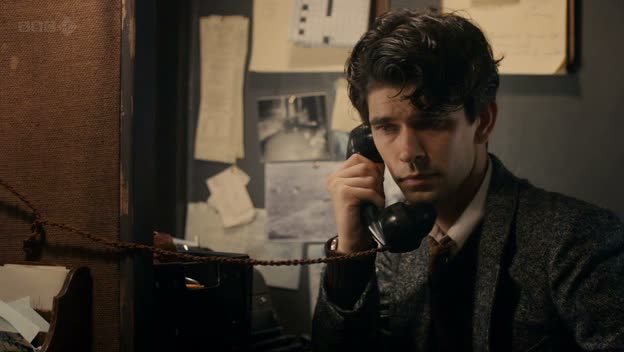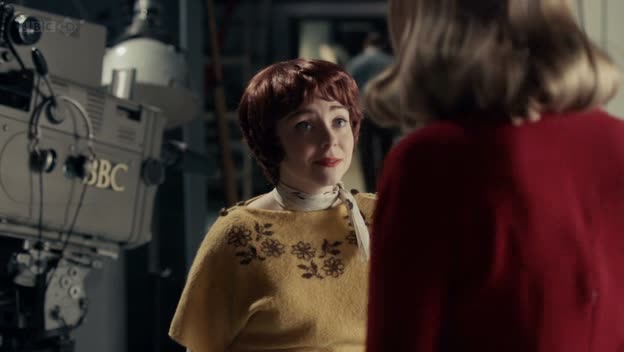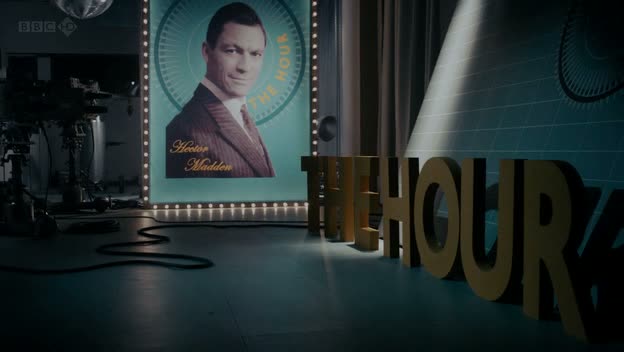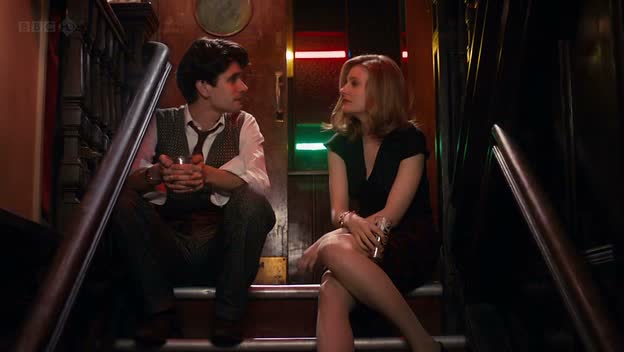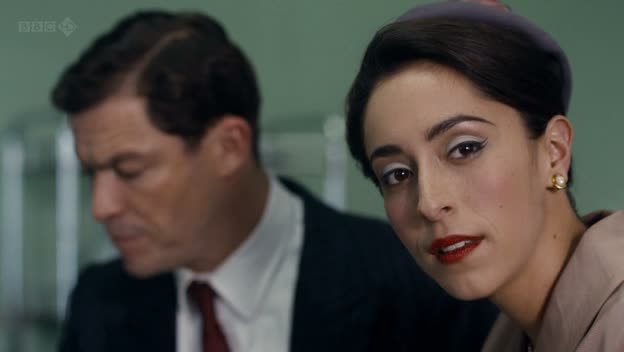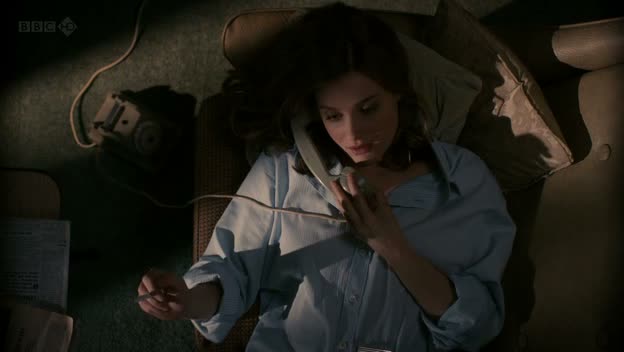 TV
TV In Which The Affair Remains Ongoing For This Man
 Monday, November 14, 2016 at 10:56AM
Monday, November 14, 2016 at 10:56AM 
What You Know
by ELEANOR MORROW
The Affair
creators Sarah Treem and Hagai Levi
Showtime
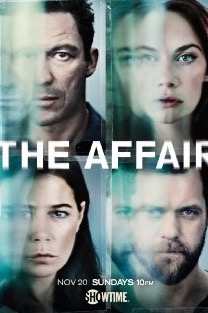 This summer in the Hamptons (think of how many sentences begin this way), two British actors were dining among Americans. In their native countries Damian Lewis and Dominic West can eat in relative peace. In a brunch spot that is known for attracting real actors and Real Housewives, the two mercilessly mocked an ongoing series of photograph seekers. I can't blame them for becoming annoyed at the depravity of an American cultural class which admires them as performers, but hopefully not as people. Don't be too critical of these heady auteurs: the Eton-educated Lewis and West pursue a hard but meaningful policy. They are bad men on the screen, and Stanislavsky demands they be just as disturbed on vacation.
This summer in the Hamptons (think of how many sentences begin this way), two British actors were dining among Americans. In their native countries Damian Lewis and Dominic West can eat in relative peace. In a brunch spot that is known for attracting real actors and Real Housewives, the two mercilessly mocked an ongoing series of photograph seekers. I can't blame them for becoming annoyed at the depravity of an American cultural class which admires them as performers, but hopefully not as people. Don't be too critical of these heady auteurs: the Eton-educated Lewis and West pursue a hard but meaningful policy. They are bad men on the screen, and Stanislavsky demands they be just as disturbed on vacation.
It just got worse and worse for Dominic West's loathsome author, Noah Solloway, on The Affair. It wasn't fully clear how sinister he was until that definitive moment in the Hamptons. Noah is the kind of person who can do ten good things for one bad reason. Last season on The Affair, which is without doubt the most sexually enlightened series ever broadcast on pay cable, he had reached the heights of the literary world, and begun setting up a new life with his lover, Alison (Ruth Wilson). By the end of the season, he was about to do a three-year jaunt in prison for a crime he didn't commit.

During this phenomenal second season, which you should really go back and watch, the center of the show moved to his ex-wife Helen (Maura Tierney). In her vibrant youth, Tierney was a magnetic actress, too vulnerable to be the girl-next-door and too reserved to elicit anything but our admiring sympathy. She has carried this precious balance into middle age. One episode had her on drugs for the duration, and it was so gripping I squeezed all the juice out of an orange I was casually holding.
Divorce proceedings had begun for Helen and Noah, but there seemed to be a possibile reconcilation of sorts when he went to Fishkill Correctional Facility for a crime that she ostensibly committed — running over the brother of Pacey (Joshua Jackson) one foggy night. Three years seemed a bit much for this crime, but I suppose there was negligence involved. In any case, the third season of The Affair has Noah in a full beard, on parole, teaching at a New Jersey college.

Everyone he meets in this new life knows about his past because they read his book. Noah Solloway is the kind of author who writes only from his own experience. This is a necessity, since he only gathers flashes of what other people feel as it relates to himself, and cannot assemble these insights into a larger whole. This is Noah's crippling flaw, and boy does the guy pay for it.
On campus, he meets a comparative literature professor (Irene Jacob) who looks at him the way I look at a croissant. It feels like The Affair creator Sarah Treem could not wait to get Noah Solloway on a college campus, because from Noah's amusing scene meeting with his parole officer in his own classroom, to the traditional parody of a horrid writing workshop, Noah seems satisfyingly out of place among all these normals. Only he could turn the wackiness of higher education into something reassuring.

Treem sets up an exciting enough cliffhanger for the end of the first episode. When The Affair gives us the usual satisfactions of its noir concept, we are pleased enough. Treem is the kind of writer who is good at everything she does, it is only a matter of what she chooses to do.
The Affair's subject matter is so wide-ranging from episode-to-episode that when it finally coheres as a whole, the entire stunning achievement comes suddenly into view. The more imminent pleasures of this New York-based series are to be found in Noah's misanthropic little phone calls to Alison, his chopped but respectful way of speaking to his ex-wife, in the fashion he begs a liquor store owner for forgiveness. Even the most powerful can be reduced to desperation in only an instant.
Eleanor Morrow is the senior contributor to This Recording.






































